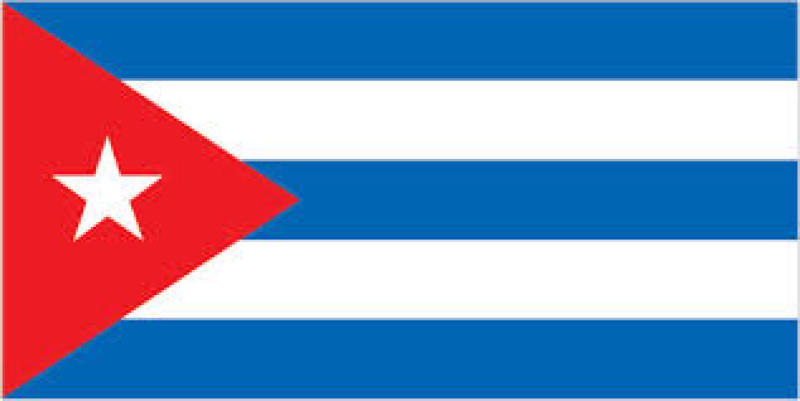

The U.S. Government has threatened to revoke the tax-exempt and non-profit status of a humanitarian aid group that delivers aid to Cuba.
Pastors for Peace collects donations from cities across the U.S., and has sent medicine, computers, and school buses, and other goods to Cuba since 1992 as an act of defiance against the U.S. trade embargo against Cuba in 1960.
"We travel to Cuba without a US government license as a conscious act of civil disobedience and as an expression of resistance to the US government's cruel and immoral economic blockade of Cuba, which uses the denial of food and medicine as a political weapon," the group states on its website.
The parent organization for Pastors for Peace, Inter-religious Foundation for Community Organization (IFCO), was also notified by the Internal Revenue Service (IRS) that it is at risk of losing its tax-exempt status because it never obtained the approval from the U.S. Treasury Department to send aid to Cuba.
IFCO, founded by pastors and community leaders in 1967, identifies itself as an interfaith organization.
The IRS claims the group has been under investigation by the U.S. Treasury Department since 2009, according to Reuters.
The Cuban Council of Churches condemned the actions of the U.S. government against Pastors for Peace.
"I do not understand how at this moment, when the Obama Administration's policy is to seek understanding, that on the other hand they are taking these types of measures against institutions that have created an understanding between our peoples," President of the Cuban Council of Churches Joel Ortega Dopico, said at a press conference in Havana, expressing frustration with the Obama administration.
The U.S. and Cuba has a history of hostile relations for nearly five decades. The Obama administration made a move to begin to normalize diplomatic relations with the country in December 2014, resulting in the relaxation of various restrictions on the country, such as those related to travel and trade.


















